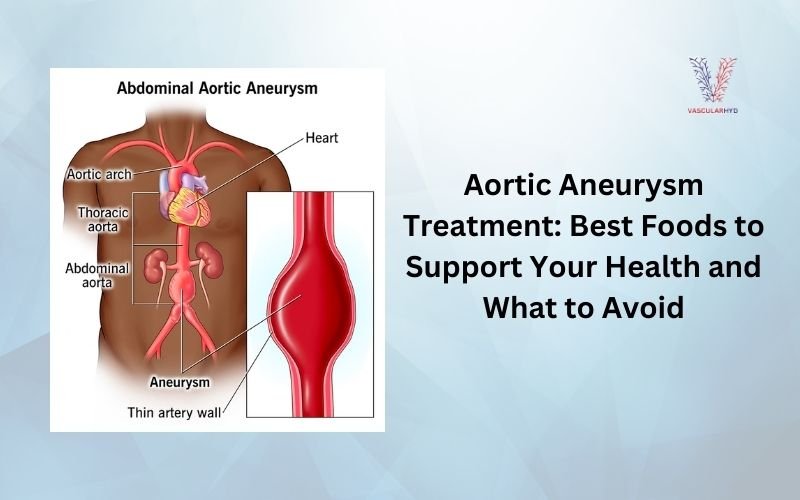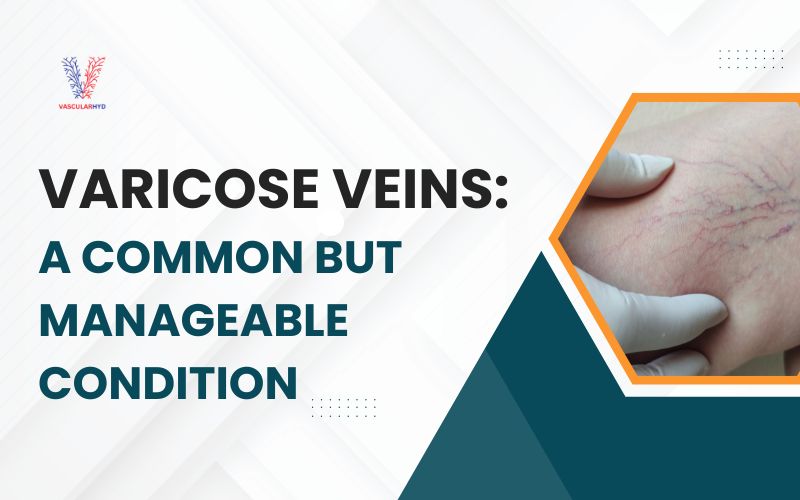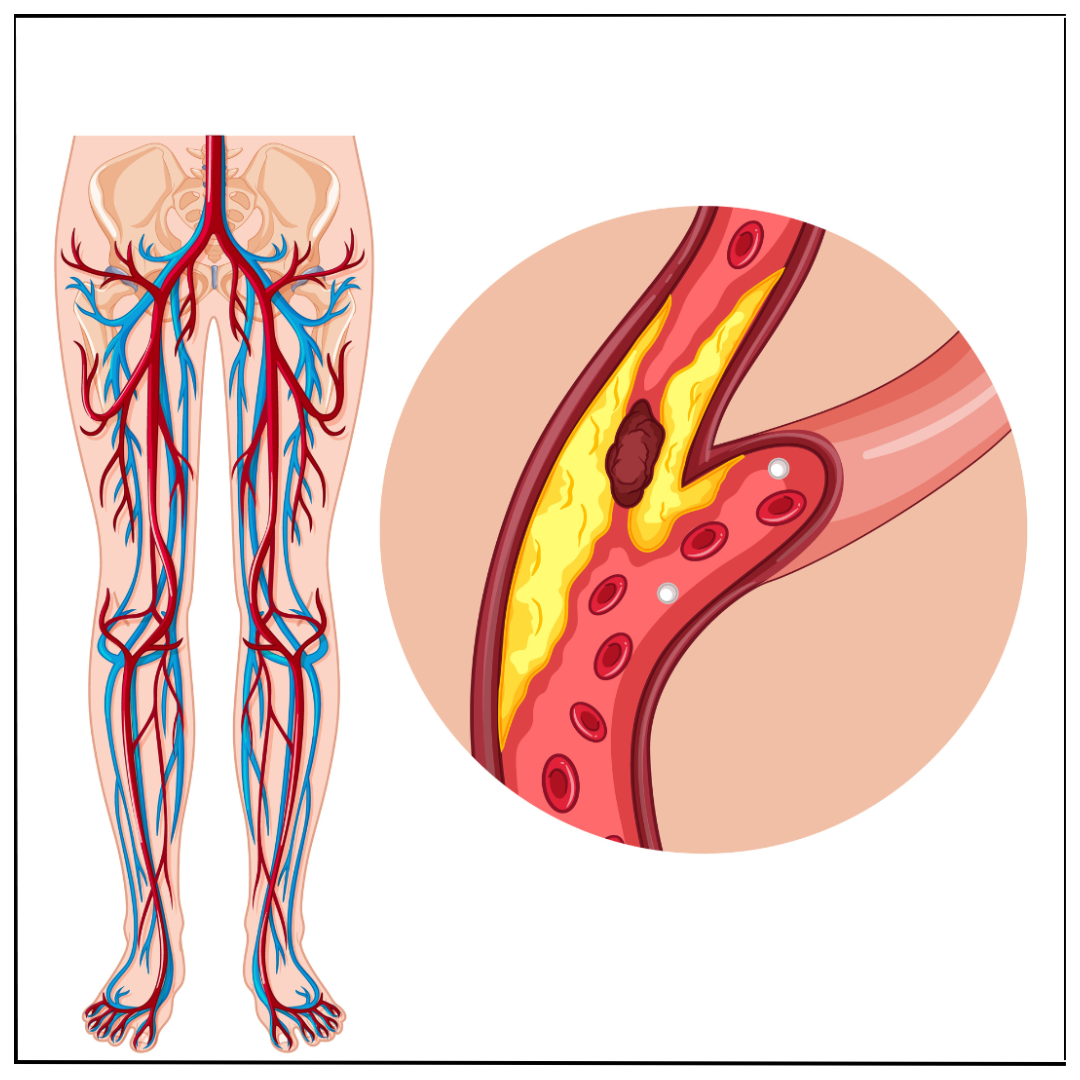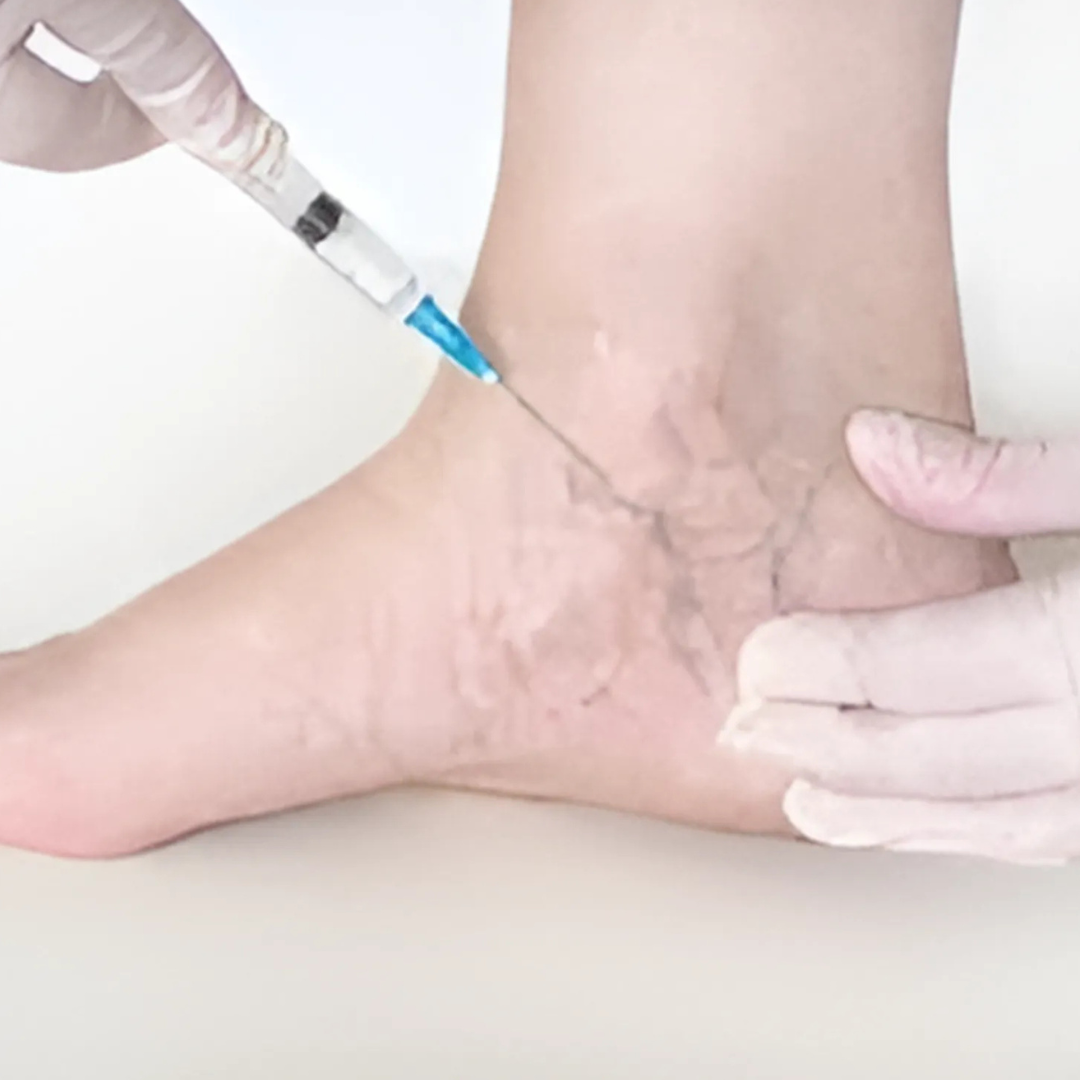Aortic aneurysms are a serious health condition that requires careful management to prevent complications. Consulting a Vascular and Endovascular Specialist is crucial in developing a holistic approach to treatment, which includes not only medical interventions but also dietary adjustments. In this comprehensive guide, we’ll explore the best foods to support your health if you have an aortic aneurysm and which foods you should avoid to reduce your risk of complications. This article will also provide insights into how these dietary changes fit into the broader context of aortic aneurysm treatment, guided by expert advice from a Vascular and Endovascular Specialist.
Understanding Aortic Aneurysms
Before delving into the dietary recommendations, it’s essential to understand what an aortic aneurysm is and why it’s critical to manage this condition effectively.
An aortic aneurysm occurs when the wall of the aorta, the body’s largest artery, becomes weakened and bulges outward. This can happen in different parts of the aorta and is classified into two main types: thoracic aortic aneurysm (occurring in the chest) and abdominal aortic aneurysm (occurring in the abdomen). If an aneurysm ruptures, it can lead to life-threatening internal bleeding, making timely treatment and preventive measures crucial. Conditions such as varicose veins may also be considered in the overall vascular health assessment during treatment planning. If surgery or intervention is not indicated for an aneurysm and it is decided to put a patient on medical management, then along with medicines, exercise and diet play a significant role. This is why a well-rounded aortic aneurysm treatment plan is essential for managing this condition effectively. Here we are going to talk only about the role of diet in aneurysm management.
The Role of Diet in Aortic Aneurysm Treatment
Diet plays a vital role in the management of aortic aneurysms. A healthy diet can help control blood pressure, reduce inflammation, and support overall cardiovascular health, all of which are important for preventing the growth or rupture of an aneurysm.
Foods That Support Aortic Aneurysms Treatment
- Fruits and Vegetables
Fruits and vegetables are rich in antioxidants, vitamins, and minerals that support cardiovascular health. Specifically, they help reduce inflammation, a key factor in managing aortic aneurysms.
- Berries: Blueberries, strawberries, and raspberries are high in antioxidants and flavonoids, which can reduce inflammation.
- Leafy Greens: Spinach, kale, and broccoli are rich in vitamins K and C, which helps in promoting vascular health.
- Citrus Fruits: Oranges, lemons, and grapefruits are high in vitamin C, which helps maintain the integrity of blood vessel walls.
- Whole Grains
Whole grains like oats, brown rice, and whole wheat are excellent sources of fiber. Fiber helps maintain healthy blood pressure levels by promoting cardiovascular health, which is essential in managing aortic aneurysms.
- Oats: High in beta-glucan, a type of soluble fiber that helps reduce cholesterol levels.
- Quinoa: A complete protein and a good source of magnesium, which helps regulate blood pressure.
- Barley: Rich in soluble fiber, which supports heart health.
- Fatty Fish
Fatty fish such as salmon, mackerel, and sardines are high in omega-3 fatty acids. Omega-3s are known for their anti-inflammatory properties and their ability to lower blood triglyceride levels, both of which are beneficial in managing aortic aneurysms.
- Salmon: Rich in omega-3s, which reduce inflammation and improve arterial function.
- Mackerel: Provides a high amount of omega-3 fatty acids
- Sardines: These small fish are packed with omega-3s and are a great option for heart health.
- Nuts and Seeds
Nuts and seeds are excellent sources of healthy fats, fiber, and antioxidants. These nutrients help reduce inflammation and improve heart health, which is critical in managing aortic aneurysms.
- Almonds: High in monounsaturated fats and vitamin E, which help reduce cholesterol levels.
- Walnuts: Rich in omega-3 fatty acids and antioxidants, which support cardiovascular health.
- Chia Seeds: Packed with fiber and omega-3s, they help maintain healthy blood pressure levels.
- Olive Oil
Olive oil is a key component of the Mediterranean diet, which is known for its heart-healthy benefits. It’s rich in monounsaturated fats, which help reduce inflammation and improve overall heart health.
- Extra Virgin Olive Oil: Contains high levels of polyphenols, which have antioxidant properties that protect blood vessels.
- Cold-Pressed Olive Oil: Retains more nutrients and is less processed, making it a healthier option.
- Lean Proteins
Lean proteins such as chicken, turkey, and tofu are lower in saturated fats, which helps maintain healthy cholesterol levels. High cholesterol can contribute to the development of aortic aneurysms.
- Chicken Breast: A low-fat source of protein that supports muscle repair without increasing cholesterol levels.
- Turkey: Provides lean protein and is lower in saturated fat compared to red meat.
- Tofu: A plant-based protein that is low in fat and helps maintain healthy cholesterol levels.
Foods to Avoid with Aortic Aneurysms
- High-Sodium Foods
Excessive salt intake can lead to high blood pressure, which puts additional strain on the aorta. Avoiding high-sodium foods is crucial in managing aortic aneurysms.
- Processed Foods: Items like canned soups, chips, and frozen meals are often high in sodium.
- Fast Food: Fast food items are typically loaded with salt, which can raise blood pressure.
- Cured Meats: Foods like bacon, ham, and sausages are high in sodium and should be limited.
- Saturated and Trans Fats
Foods high in saturated and trans fats can increase cholesterol levels and contribute to atherosclerosis, which can exacerbate aortic aneurysms.
- Red Meat: Beef, pork, and lamb are high in saturated fats, which can raise cholesterol levels.
- Fried Foods: These often contain trans fats, which are harmful to cardiovascular health.
- Full-Fat Dairy: Products like butter, cheese, and cream are high in saturated fats and should be consumed in moderation.
- Sugary Foods and Beverages
High sugar intake can lead to obesity and diabetes, which are risk factors for cardiovascular diseases, including aortic aneurysms.
- Sugary Drinks: Soda, sweetened teas, and energy drinks contain high amounts of sugar, contributing to weight gain and high blood pressure.
- Sweets and Desserts: Cakes, cookies, and candies are loaded with sugar and should be limited.
- High-Fructose Corn Syrup: Found in many processed foods, it’s a significant contributor to obesity and cardiovascular problems.
- Alcohol
Excessive alcohol consumption can raise blood pressure and weaken blood vessels. If you have an aortic aneurysm, it’s important to limit alcohol intake.
- Binge Drinking: Consuming large amounts of alcohol in a short period can cause sudden spikes in blood pressure.
- Hard Liquor: Strong alcoholic drinks are more likely to contribute to high blood pressure.
- Excessive Beer and Wine: Even moderate drinking should be done with caution, as it can affect cardiovascular health.
- Caffeine
While moderate caffeine intake might be acceptable, excessive consumption can lead to spikes in blood pressure, which should be carefully monitored if you have an aortic aneurysm.
- Energy Drinks: These often contain high levels of caffeine and sugar, which can be harmful to cardiovascular health.
- Strong Coffee: Consuming large amounts of coffee can cause blood pressure to rise.
- Certain Teas: Some teas, particularly those with added caffeine, should be consumed in moderation.
Expert Insights by Dr. Rahul Agarwal
Dr. Rahul Agarwal emphasizes that while medication and regular monitoring are critical components of aortic aneurysms treatment, lifestyle changes, particularly diet, play an equally important role. "A healthy diet can significantly reduce the risk of complications associated with aortic aneurysms. By focusing on foods that support cardiovascular health and avoiding those that can increase blood pressure or cholesterol levels, patients can take proactive steps in their treatment plan," says Dr. Agarwal.
Managing an aortic aneurysm requires a comprehensive approach that includes not only surgery, medical treatment but also lifestyle and dietary changes. By incorporating the best foods to support your health and avoiding those that can exacerbate the condition, you can significantly reduce your risk of complications. Dr. Rahul Agarwal and the team are dedicated to providing you with the best care and guidance in your journey to better health.





 What You Need to Know.jpg)


.png)
